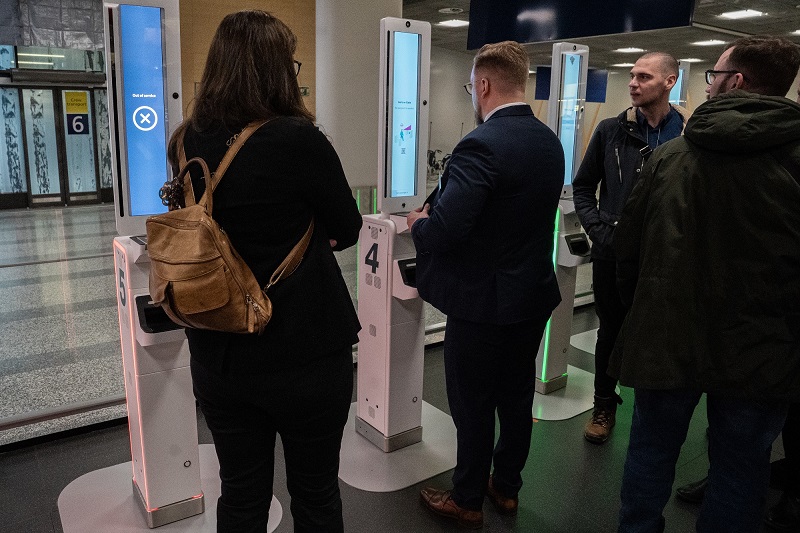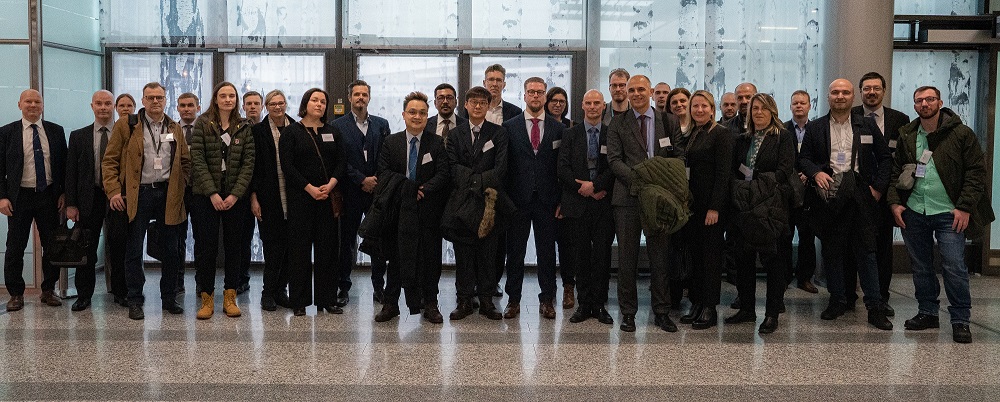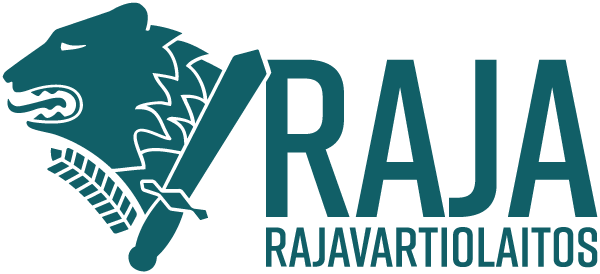Finland and Croatia are testing digital travel credentials in external border traffic in a DTC Pilot project

The Finnish and Croatian authorities, led by the Finnish Border Guard, have launched a one-year DTC (Digital Travel Credentials) Pilot project in which both countries test a digital travel document at border checks in air traffic across external borders.
The DTC is intended to facilitate travelling and speed up border checks. The pilot project aims to build technical capacity at the border control points in Helsinki Airport and Zagreb Airport for the testing of the DTC. Both countries’ authorities, together with their partners, ask passengers on selected air routes to volunteer to test the DTC in arriving and departing flights. At Helsinki Airport, passengers are expected to be able to test the DTC during spring 2023.
Selected volunteers will have access to a dedicated mobile application in which the DTC is stored and maintained. Before their flight, volunteers send their DTC information using the application to the border control authorities for pre-clearance. During the border check, a facial image of the pilot participant is taken to connect them to the correct DTC. The pilot participant must carry a valid passport at all times during travel.
Finnair from Finland and the Ministry of the Interior and the company AKD d.o.o from Croatia are partners in the project. The National Police Board of Finland, the Finnish Immigration Service and Finavia will also participate in the project as associated partners.
In Finland, the National Police Board is responsible for the registration of volunteers and participants in the pilot project. In addition, the National Police Board seeks to develop a control mechanism for the handling of possible errors found on the passport’s RFID chip. This development is conducted outside of the actual border control and aims to support the management of digital travel documents in the future.
The Finnish Immigration Service is supporting the project by developing a digital residence permit in tandem with the digitalised passport. The digital residence permit will be based on a standardised digitally signed barcode.
In addition to Finland’s and Croatia’s DTC pilot project, a similar digital travel credential pilot is under way in the air traffic between the Netherlands and Canada. In 2023, both projects will produce valuable information in support of the European Commission’s digital identity policy package.
Contact information: Inspector Mikko Väisänen, tel. +358 295 420 000 (switchboard)

European Commission’s Directorate-General for Migration and Home Affairs funds the DTC Pilot project with 2.3 million euros.




